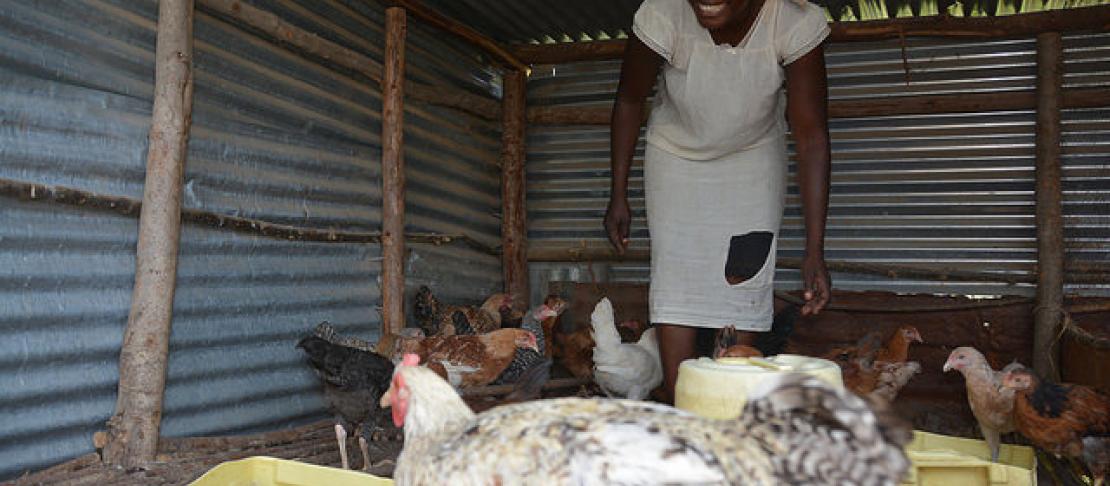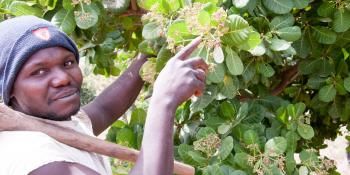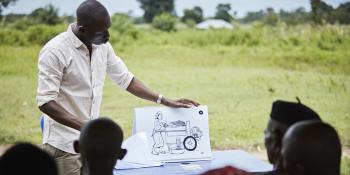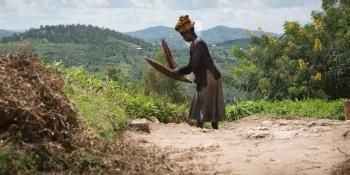Unpacking the Gender and Climate Change Nexus in Africa

Register for the first webinar series for the Inclusive Climate Change Adaptation for a Sustainable Africa (ICCASA) project on July 12.
Africa, which constitutes 13 percent of the global population, contributes the least to greenhouse gas (GHG) emissions, but bears the brunt of climate change. By 2020, it is projected that yields from rain-fed agriculture in some countries could be reduced by up to 50 percent. Men, women, and youth will face differing vulnerabilities to climate change due to existing inequalities, including in their roles and positions in society, access to resources, and power relations. Currently, there is insufficient knowledge regarding gender differentiated impacts of climate change in Africa. In areas where data exists, it is at a small-scale level where projects have collected sex-disaggregated data. As a result, policy and decision-makers are not aware of the need for gender differentiated policies and adaptation and mitigation actions. Understanding the relationship between climate change and gender will support effective climate change adaptation polices and initiatives on the continent.
This is the first webinar series for the Inclusive Climate Change Adaptation for a Sustainable Africa (ICCASA) project. The series was made possible thanks to funding from the African Development Bank Group (AfDB) and the Korea-Africa Economic Cooperation Trust Fund (KOAFEC).
This webinar will examine how gender can be integrated in climate change adaptation planning and implementation and participants will have the opportunity to ask questions of the speakers. By the webinar’s end, participants should have a better understanding of gender and climate change issues in Africa and challenges and opportunities to mainstream gender issues into climate change adaptation actions for various stakeholders.
Presentations will include:
- Introduction – Climate change impacts in Africa and their implications on gender equality and sustainable development – Ms. Vanessa Moungar, Director, Gender, Women and Civil Society Department, African Development Bank Group (AfDB)
- Gender analysis of the Paris Agreement and implications for Africa – Ms. Stella Gama, Malawi Gender Negotiator and UNFCCC-LDC gender coordinator
- Africa’s commitment to ensuring gender equality in the face of climate change – Dr. Dorothy Amwata, Kenya
- How policy and planning can be better informed by research on the gender dimensions of climate change adaptation – Dr. Manyewu Mutamba, South Africa
- The role of civil society in contributing to mainstreaming gender into climate change adaptation – Mithika Mwenda, Executive Director, Pan African Climate Justice Alliance (PACJA) (Confirmed)
- The role of youth in climate change action and dialogue in Africa – Divine Ntiokam, Founder of CSAYN and International Ambassador for the Food and Land Use (FOLU), Cameroon.
For more information and to register, click here.


